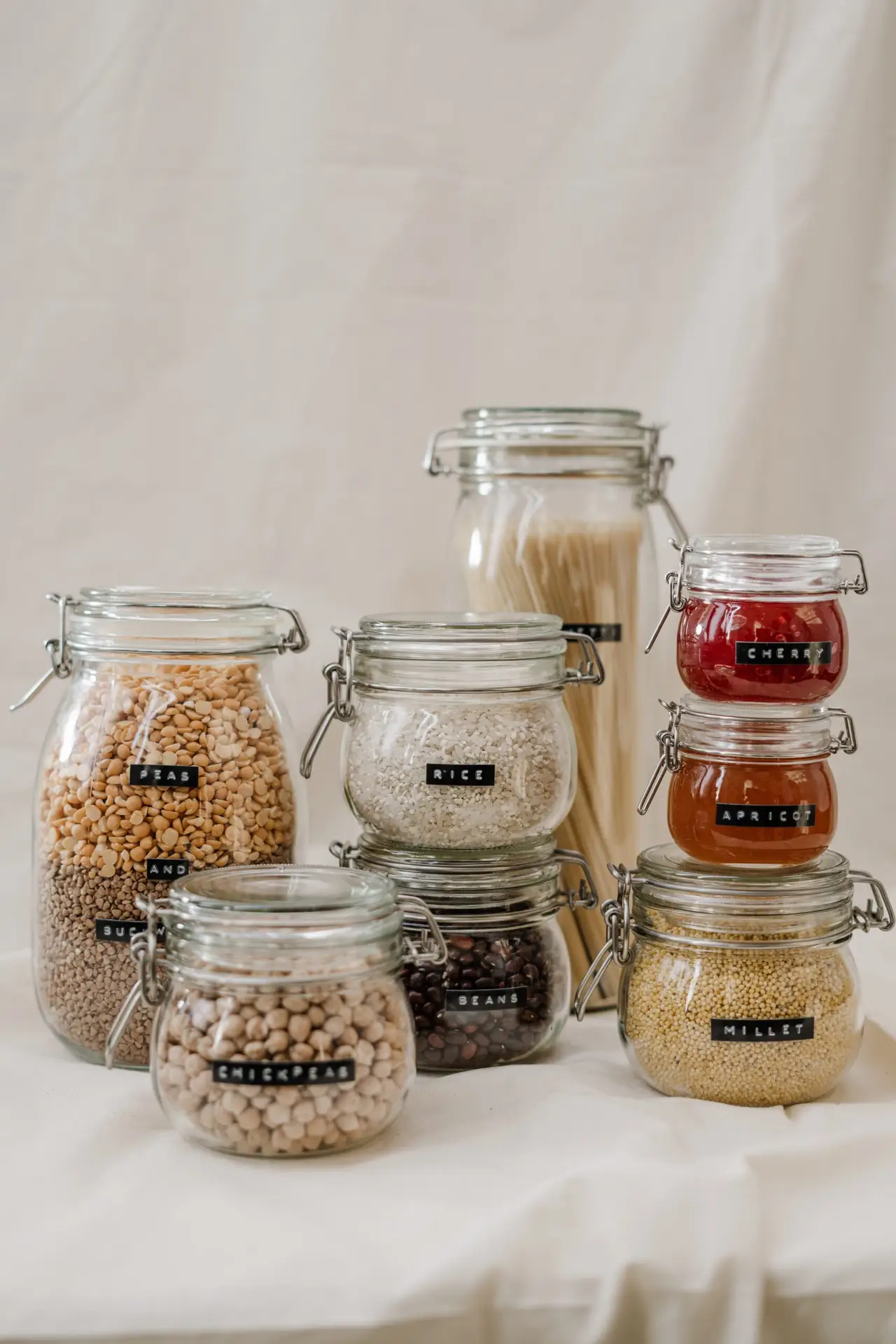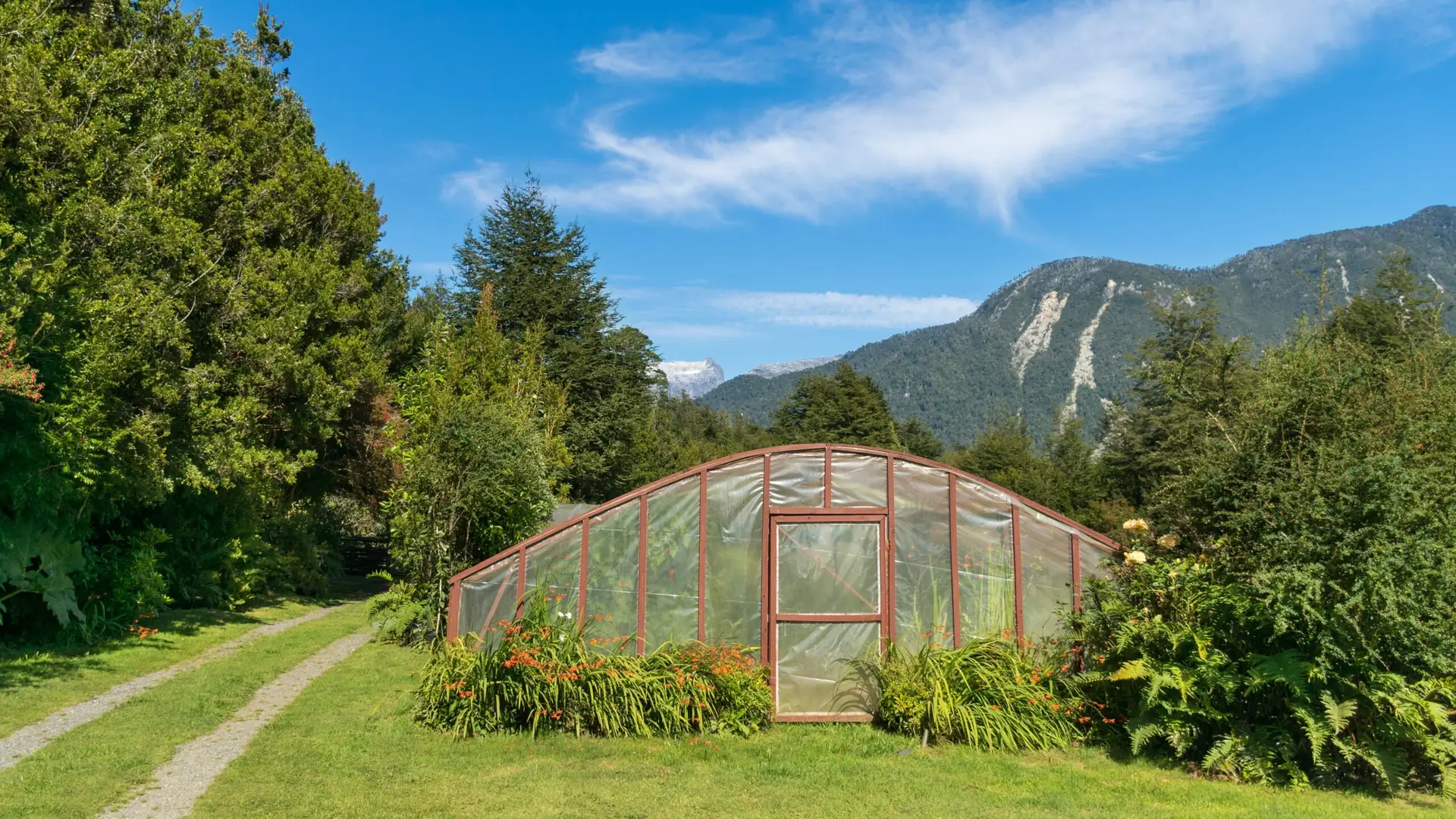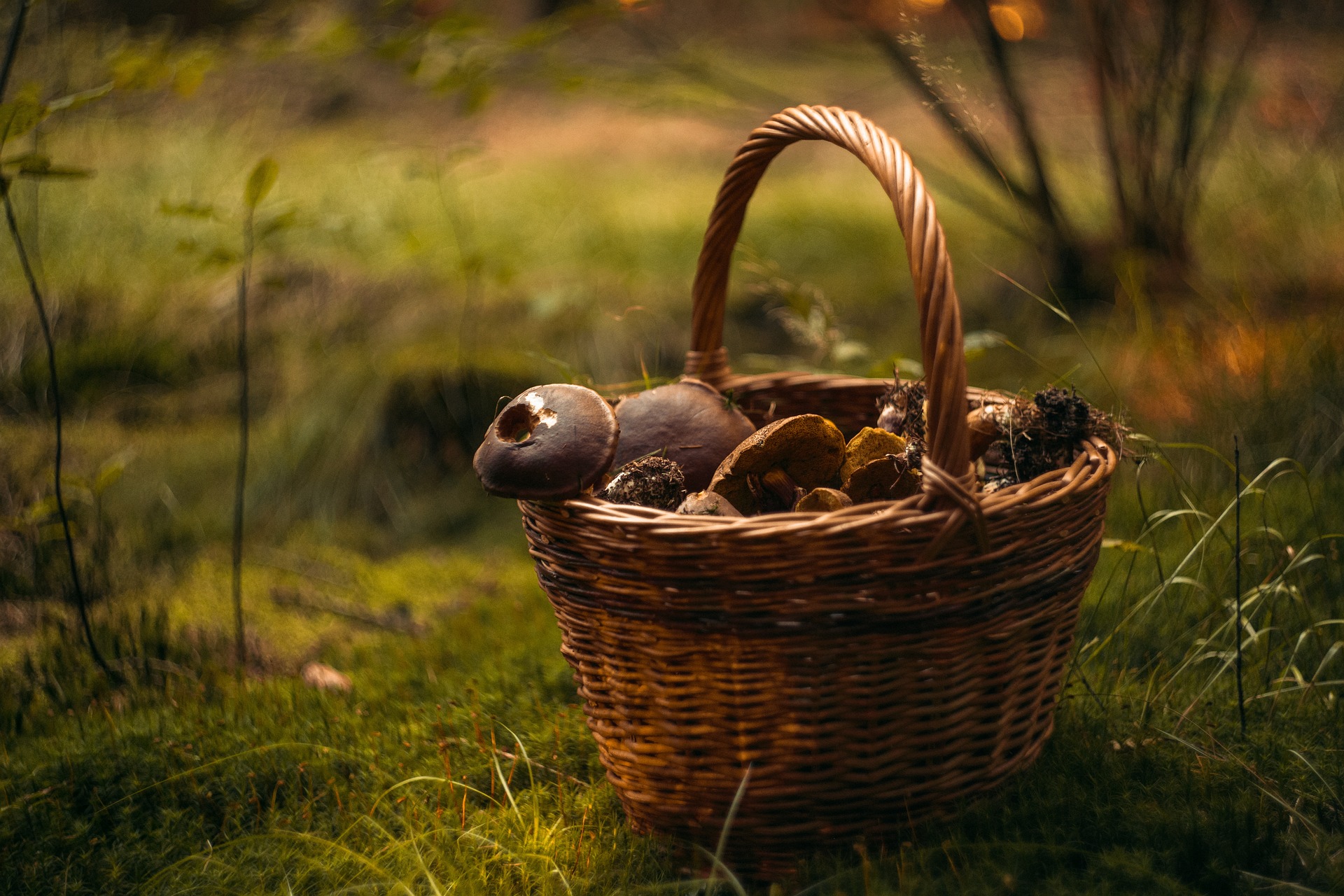During a conversation or debate about environmental and climate issues, there is barely any other topic that comes to the mind of most people more often than plastic pollution. Be it in newspaper articles, on social media, or on TV: it’s almost impossible that you escape images of the hundreds of thousands of tons of plastic waste floating in the ocean, being washed up at the beach, or a fatal trap for a bird or turtle.
According to National Geographic, there were 5.25 trillion pieces of plastic found floating on the surface of the ocean and four billion pieces below it… per square kilometer. The first figure actually depicts an equivalent of 40% of the global ocean’s surface. But of course, plastic waste does not only enter the oceans but also pollutes other natural habits, to not say, all of them. Being such a massive problem, taking a detailed look at plastics is definitely a must and that is what our new Chronicles of Plastic series is all about. Three articles that will all examine plastics from a different perspective, one of which with a take you might haven’t even heard of yet.
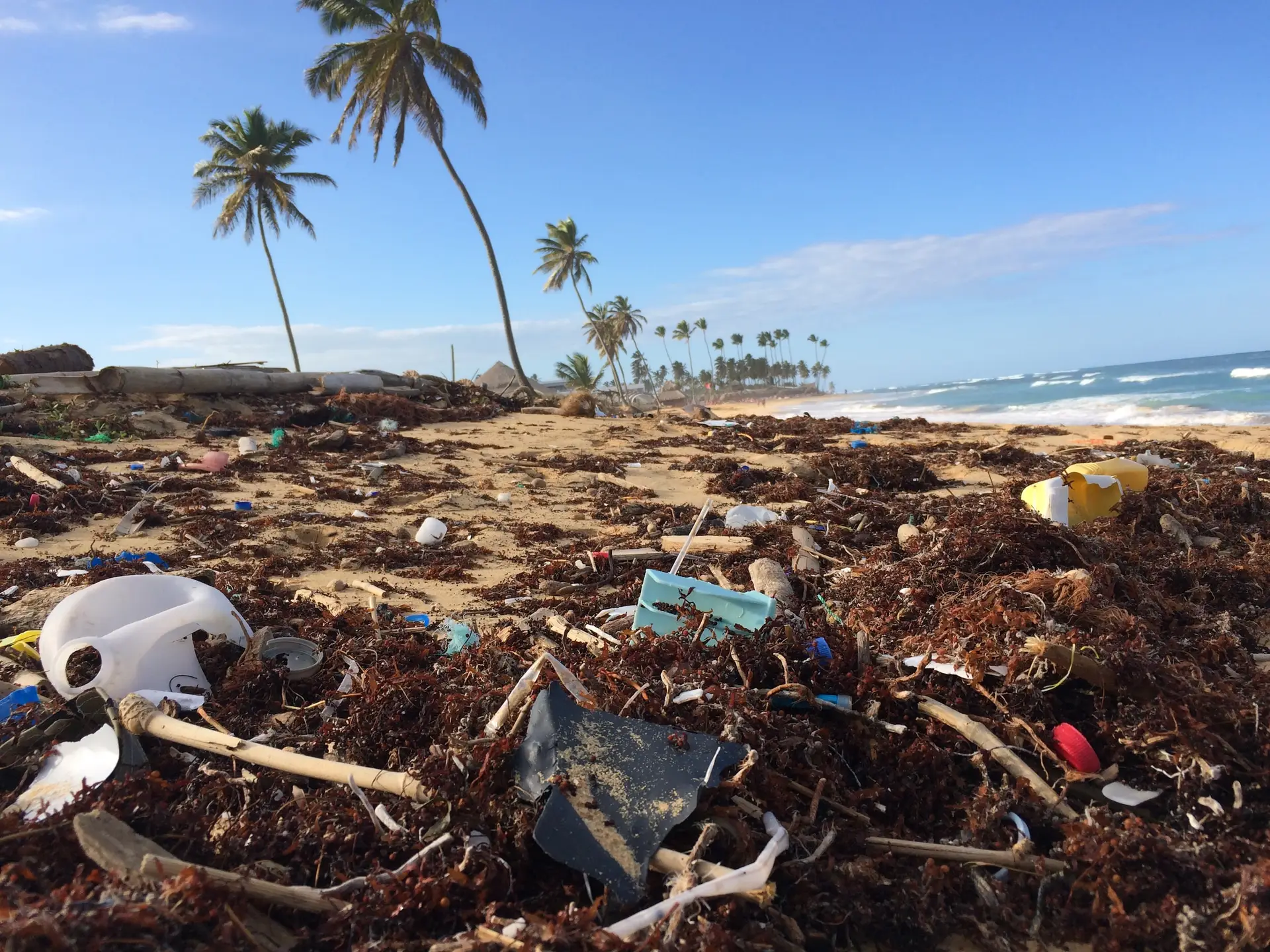
When it comes to the origins of plastic litter, people may think about the packaging of the groceries they buy at the supermarket or their latest purchase on Amazon. But there are a lot of usages of plastic hidden from the eye of the end-consumer. During food production, producers and farmers already choose to use plastic on many occasions. It’s used to build greenhouses or to cover the soil, among other things. In 2019, the United Nations Food and Agriculture Organization estimated that 12.5 million tons of plastic were used in food production and forecasted an increase by several dozen percent by 2030.
As indicated at the beginning of the text, most people know about the environmental impacts of plastic. But which impact does plastic have on the climate specifically? When climate movements like Fridays For Future, Extinction Rebellion, Youth For Climate, Scientist For Future, etc. fight for the climate should they also speak out against plastic? Because most commonly they don’t talk about this topic. They talk about reducing greenhouse gas emissions by flying less or by switching to renewable energies. So, is plastic also a climate issue? Or is it really just an environmental issue?
To answer this question, we, first of all, need to understand where the plastic comes from and what plastic is. To begin with, plastic can be divided into two categories: synthetic or biobased plastics. In all cases, they are polymers (substances made of very large chains of repeating molecules, so-called macromolecules), but we will get to that later.
Synthetic plastic is the more common one and is derived from crude oil, natural gas, or coal. In other words, it is made from fossil fuels – 4% of global annual petroleum production is used for making plastics. These fossil materials get refined into the gases ethane and propane which are then treated in a process called cracking. Cracking involves a lot of heat and turns ethane and propane into ethylene and propylene.
Those two gases are then combined together to create different polymers. Poly comes from ancient Greek and means much/many. Polyethylene (a long chain of ethylene molecules) is the most common type of plastic worldwide and is usually present in three different forms: high-density, low-density, and linear low-density. High-density polyethylene HDPE is the most used one in food packaging, for example for milk containers.
While you don’t need to remember the details of the science behind plastic, just stick with two facts: Firstly, keep in mind that not all plastics are the same on a molecular level. They either have a lower or higher density or simply are different types of polymers, as already mentioned, which means they differ in their length and/or arrangement of the molecular chain. This explains why plastic can take only 20 years but also even up to 500 years to decompose. It should be mentioned that apart from the molecular structure of the plastic, their real degradation rate also depends on environmental factors like sunlight or other weather conditions.
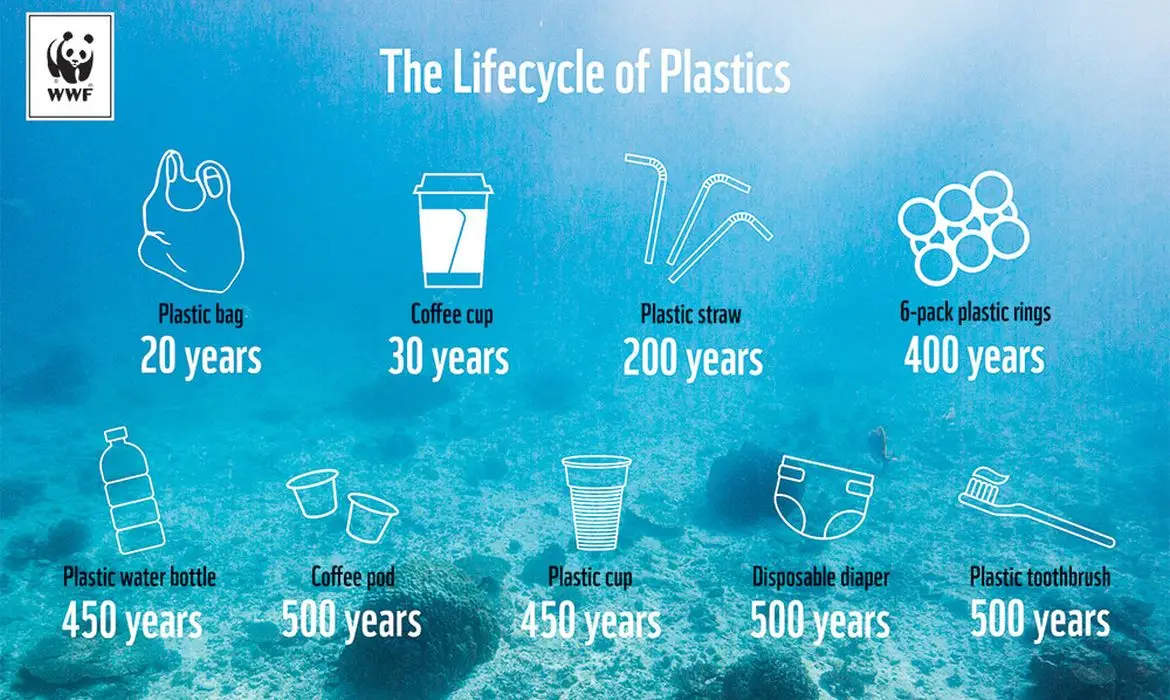
Secondly, remember the fact that almost all plastics are derived from fossil fuels. This, of course, means that processing those fuels to manufacture plastic, from extracting them to transporting them, creates billions of tons of greenhouse gases. According to WWF Australia, the emissions of plastic production in 2019 were equal to those of 189 coal-fired power stations. Until 2050, the production of plastic will likely have more than tripled, so the emissions will then equate to the emissions of 615 power stations and a total of 13% of the global carbon budget.
All those figures show that it’s time to find alternative ways of wrapping our foods & beverages and covering our crops. Reducing the amount of plastic that gets manufactured and used would not only positively impact the environment but also avoid creating tons of greenhouse gases fueling the climate crisis. We will talk about possible alternatives and what you can do in the next two articles of this With or Without series.
References
- Ocean Trash: 5.25 Trillion Pieces and Counting, but Big Questions Remain. (2015, January 11). National Geographic. https://education.nationalgeographic.org/resource/ocean-trash-525-trillion-pieces-and-counting-big-questions-remain/
- OCEAN PLASTICS POLLUTION. A Global Tragedy for Our Oceans and Sea Life. (n.d.). Center of Biological Diversity. https://www.biologicaldiversity.org/campaigns/ocean_plastics/
- FOOD PRODUCTION CAUSES PLASTIC POLLUTION: FAO PUTS LITTLE KNOWN PROBLEM ON THE MAP. (2021, December 22). Plastic Soup Foundation. https://www.plasticsoupfoundation.org/en/2021/12/food-production-causes-plastic-pollution/
- Food And Agriculture Organization Of The United Nations. (2021). Assessment of agricultural plastics and their sustainability – A call for action. https://www.fao.org/3/cb7856en/cb7856en.pdf
- Dr. Baheti, P. (n.d.). How Is Plastic Made? A Simple Step-By-Step Explanation. British Plastics Federation. https://www.bpf.co.uk/plastipedia/how-is-plastic-made.aspx
- Major, K. (2021, 30 june). Plastic waste and climate change – what’s the connection?. WWF-Australia. https://wwf.org.au/blogs/plastic-waste-and-climate-change-whats-the-connection/?rd=1
Images from
https://unsplash.com/es/fotos/BJUoZu0mpt0
https://unsplash.com/es/fotos/RUqoVelx59I
https://wwfafrica.awsassets.panda.org/img/img_lifecycle_of_plastics_infographic_newspx_42426.jpg

